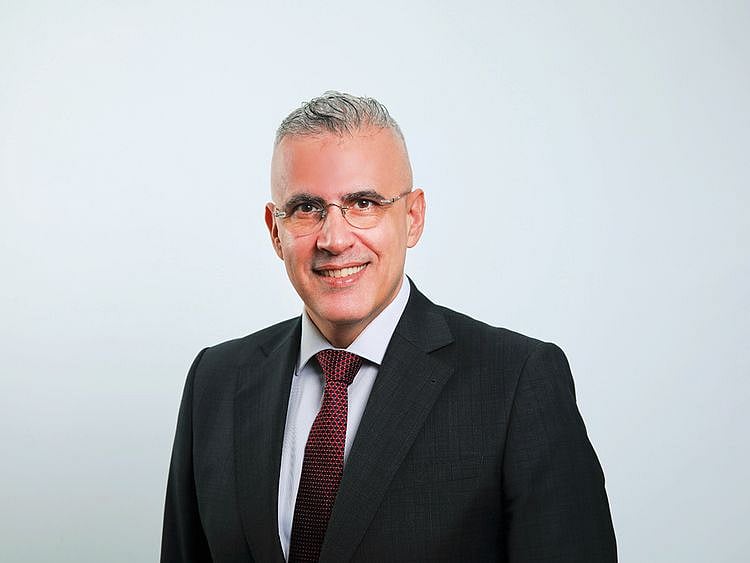SANS Institute helps raise awareness on cybersecurity
Exclusive interview with Ned Baltagi, Managing Director, META at SANS Institute

What are the trends in cybersecurity in the ME that excite you as a business and thought leader?
Over my decade at SANS Institute, several cybersecurity trends have faded, while others have left a lasting mark. Today, we’re in the midst of an Artificial Intelligence (AI) revolution that I believe is here to stay. AI is no longer a futuristic concept; it’s an integral part of our daily lives, personal and professional. At SANS, we’re leading the charge in integrating generative AI and machine learning into cybersecurity training. Our goal is to equip professionals with the skills to navigate the complexities of AI-related threats and vulnerabilities. This technology also holds immense promise for enhancing the Middle East’s cybersecurity and protecting critical infrastructure.
What are the latest initiatives you have undertaken to raise awareness of cybersecurity among corporates in the UAE and region?
My passion for technology is embodied by a dedication to reskilling and upskilling efforts towards securing digital environments across enterprises, government authorities, the military, and many other sectors in the Middle East, Turkey and Africa. Our private training programmes across governments within the GCC have demonstrated the importance of customised solutions in building local capabilities. The results and progress we’re seeing after training — particularly following the attainment of GIAC certifications — are a testament to the tangible advancements in protecting critical infrastructure.
In the region, we’ve also introduced the SANS Cyber Academy programme. SANS Academies are designed to equip participants with the tools and knowledge that are not only shaping cybersecurity careers but also redefining the industry. These programmes serve as a game-changer for professionals looking to advance their careers, with our structured frameworks helping individuals navigate complex career paths, from entry level to expert. Beyond technical expertise, our programmes also emphasise leadership and management upskilling, ensuring that professionals are prepared to lead cybersecurity initiatives within their organisations.
As AI continues to evolve at a rapid rate and cloud vulnerabilities become rampant, how do you see the cybersecurity sector evolving over the next couple of years?
As of last year, the global market for AI in cybersecurity was valued at $22.4 billion, with projections estimating it to reach $60.6 billion by 2028, growing at a CAGR of 21.9 per cent. Building on this momentum, the market is expected to continue its rapid growth, reaching $68 billion by 2030 at a CAGR of 24.2 per cent from 2024 to 2030, according to reports from Grand View Research.
This growth trajectory reflects the increasing reliance on AI technologies to strengthen cybersecurity defenses against new threats. The future of AI in cybersecurity is expected to see more widespread and accelerated adoption in the use of AI for both cyber defense and offense leading to an AI arms race in cybersecurity, and consequently, the development of stronger regulatory and ethical frameworks to govern the use of AI. This suggests a landscape where AI will play a central role in shaping cybersecurity strategies, with potential for significant advancements and the need for vigilance against disruptions.
Right now, organisations must prioritise building a well-rounded cybersecurity posture that is agile and adaptable to emerging threats. This includes investing in cybersecurity awareness and training, adopting a zero-trust approach, ensuring proper security configurations in cloud services, and maintaining comprehensive incident response plans.
Sign up for the Daily Briefing
Get the latest news and updates straight to your inbox
Network Links
GN StoreDownload our app
© Al Nisr Publishing LLC 2026. All rights reserved.